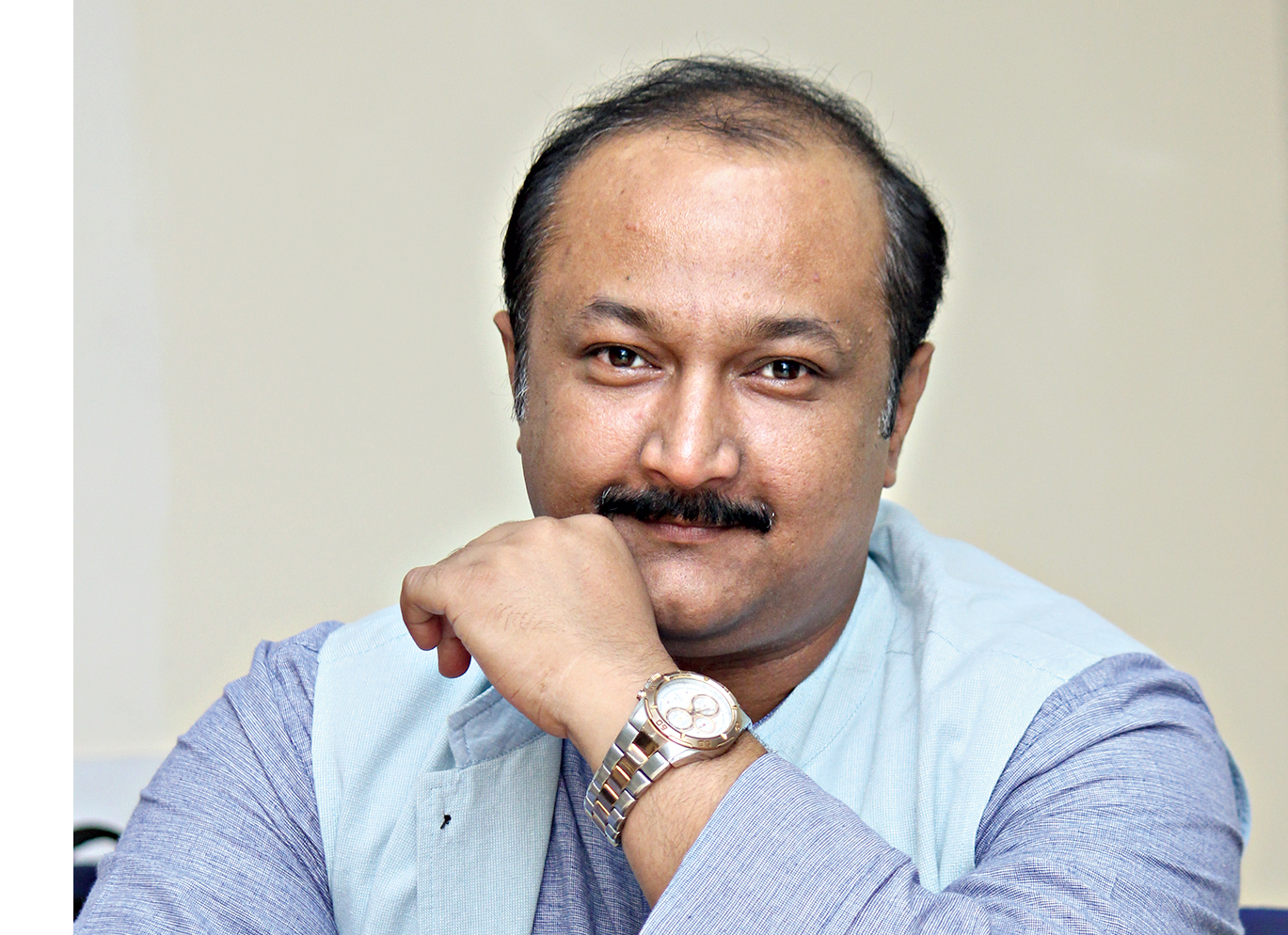After writing 11 books of poetry, poet, translator and publisher Kiriti Sengupta decided to turn his eyes on creating a compilation of poems to combat this crucial time. That was how Hibiscus was brought together, consisting poems that are created to heal. Inviting poets from around the globe to partake in writing 14-line poems, the social media efforts provided great returns as entries poured in. Co-edited by Anu Majumdar and Dustin Pickering, we had Sengupta tell us why one should pick up a copy of this book in the middle of a pandemic.
Tell us about the process of conceptualisation to execution of the book Hibiscus?
India constitutes 17.7 per cent of the world population, and the Covid-19 pandemic has brought our nation to a standstill. I conceived Hibiscus in this crucial juncture, during the initial lockdown days in early April. I was hesitant, though, and called Bitan Chakraborty, founder of Hawakal Publishers, to share my thoughts. My primary objective was to help people combat stress, especially the ones who appreciate poetry. Since I had planned a global anthology, I wanted a few talented poets on-board as co-editors. Anu Majumdar (based in Auroville), and Dustin Pickering (based in Houston) agreed to join the panel. It took us a month to gather submissions from across the world. Hawakal took just 10 days to round off the project. They are dedicated and truly professional.
How did you reach out to poets around the world asking for contributions?
Social media works best in such events. We sent out calls for submissions periodically on Facebook and Twitter. We did email a handful of poets as well.
What was the story behind the title of the book?
I named the collection Hibiscus. Other than its medicinal properties, as found in Ayurveda, hibiscus symbolises power, strength, love, and devotion. And with devotion comes submission. You must understand, one doesn’t need to possess a religious mind to realise what surrender is. We say time is the best healer. Palliation won’t help if you don’t learn to let go and move ahead. The title, Hibiscus, has many layers to it.
What is the major theme connecting all the poems in the book?
Hibiscus is all about poems that heal and empower. You know, empowerment precedes healing. As a clinician, I can tell you, healing is not all about back to normalcy, or in other words, restoration of the state of being. Healing imparts strength and authority. A distinct relationship exists between healing and empowerment that this anthology intends to convey. Wounds are impressive: they bleed, itch, ache, and enlighten. What about the laceration of the soul? It is invisible but never ceases to make its presence felt at every crucial juncture. The resultant scar is the real master who teaches us the essence of healing and, thus, empowerment.
Any personal favourites from the book?
We have handpicked the poems. One hundred fifty-six poets submitted to this collection; we chose 104 of them. I’ve many favourites in Hibiscus. Keeping space constraint in mind, I’ll pick up two from India and one from the United States — Rain by Mamang Dai, Inducement by Sanjeev Sethi and Peace Prayer by Michael R. Burch.
Are you planning any similar compilations in the future?
Currently, I’m translating eminent Bengali poet Joydeb Basu. It’s exhausting and it might take a year to complete. I’m also working on my next book of poems. There is no rush, and I’m not anxious about my progress.
How do you feel poetry would emerge from this crisis?
Crisis makes literature more rich and powerful. Poetry will emerge as more potent, more earthy, and more relatable.











